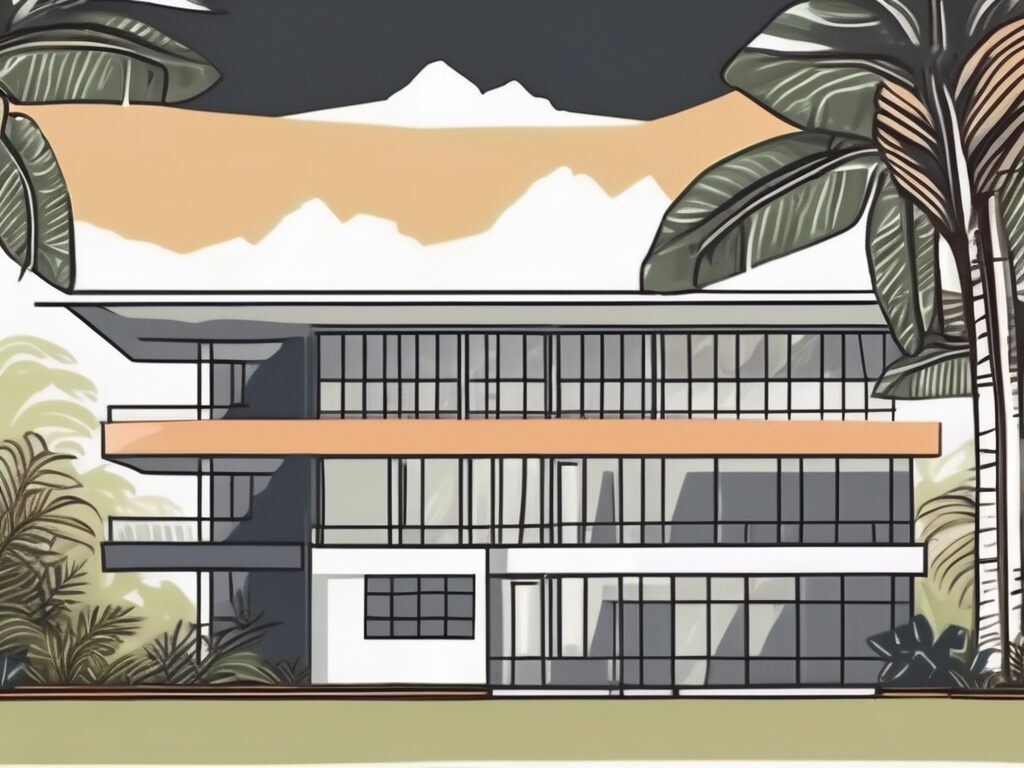A Comprehensive Guide to Teaching in International Schools in Papua New Guinea
Papua New Guinea (PNG) is a nation characterized by its rich cultural tapestry, breathtaking landscapes, and a complex historical narrative. For educators seeking to expand their professional horizons, the international schools in PNG present a compelling opportunity. This guide aims to provide essential insights into the teaching landscape within these institutions, covering aspects from recruitment to living conditions and cultural integration.
Overview of the Education System in Papua New Guinea
The education framework in PNG is a hybrid of traditional and contemporary pedagogical approaches, emphasizing community engagement. The system is structured into three primary levels: elementary, primary, and secondary, with international schools offering an alternative pathway that aligns with global educational standards.
International schools in PNG typically adopt curricula that conform to international benchmarks, predominantly British or American. This alignment not only provides a familiar educational structure for expatriate students but also equips local students with qualifications that are recognized on a global scale.
Significance of International Schools
International schools are integral to the educational landscape of PNG. They serve the expatriate community and local families desiring a more globally-oriented education for their children. These institutions are characterized by:
- Smaller class sizes, fostering personalized learning.
- A diverse array of resources and facilities.
- A multicultural student body that enriches the educational experience.
For educators, these schools provide an opportunity to engage in a multicultural teaching environment, refine pedagogical strategies, and contribute to a global educational community. This experience can be likened to teaching within a microcosm of the United Nations, offering profound professional enrichment.
Navigating the Recruitment Process for International Schools
Acquiring a teaching position in an international school in PNG necessitates thorough preparation. The recruitment process mirrors that of the UK or the US, albeit with specific nuances.
Initially, candidates must possess a recognized teaching qualification from their home country, such as a Bachelor of Education or a Postgraduate Certificate in Education (PGCE). Relevant experience, particularly in international or multicultural contexts, is highly regarded.
Steps in the Recruitment Process
The recruitment process generally involves the following stages:
- Submission of an application.
- Interview, which may be conducted via video conferencing or in-person if the candidate is already in PNG.
- Potential requirement for a teaching demonstration or trial lesson.
It is important to note that the recruitment cycle for international schools often commences earlier than that of UK institutions. Therefore, prospective candidates are advised to initiate their job search early in the calendar year.
Visa and Work Permit Requirements
Upon receiving a job offer, candidates must apply for a work permit and visa. Typically, the employing school will assist in this process. It is crucial to ensure that all documentation is accurate and complete to avoid potential delays or complications.
Living and Working Conditions in Papua New Guinea
Residing in PNG offers a distinctive experience. The nation is celebrated for its cultural richness, stunning natural beauty, and hospitable populace. However, it is essential to acknowledge the challenges, including infrastructural limitations, health risks, and safety considerations.
Teachers in international schools are typically located in major urban centers such as Port Moresby or Lae, which provide a blend of local and expatriate communities, along with essential amenities such as supermarkets, dining establishments, and healthcare services.
Accommodation Options
Many international schools offer housing for their educators, often situated within secure compounds or apartment complexes shared with fellow teachers. This arrangement fosters community building and eases the transition into a new environment.
In instances where accommodation is not provided, schools generally assist in locating suitable housing. Rental costs are typically more affordable compared to major cities in the UK or US.
Cultural Adaptation and Considerations
Adapting to life in PNG may require an adjustment period. The pace of life is generally more relaxed than in Western countries, and flexibility is essential as circumstances may not always unfold as anticipated.
Respecting local customs and traditions is paramount. PNG is home to numerous ethnic groups, each with distinct cultural practices. Engaging with these cultures can significantly enhance the overall experience of living and working in PNG.
Conclusion
Teaching in an international school in Papua New Guinea represents a unique professional journey. It offers educators the chance to immerse themselves in a new cultural context, contribute to a global educational framework, and positively impact the lives of their students.
While challenges exist, the potential rewards are substantial. From the relationships formed to the professional growth experienced, this opportunity promises to enrich both personal and professional dimensions of life.
Enhance Your Teaching Career with IPGCE
Are you prepared to elevate your teaching career in Papua New Guinea and beyond? Enroll in IPGCE, the premier Teacher Training Course in the UK, designed to help you navigate the complexities of international school employment. Enhance your qualifications, improve your prospects for interview callbacks, and unlock new avenues for career advancement. Connect with a global network of educators, deepen your understanding of international curricula, and enjoy the flexibility of balancing professional development with your teaching responsibilities. Do not allow insufficient credentials or isolation to hinder your potential. Join the IPGCE program today and embark on a journey filled with enriched opportunities that await you.

